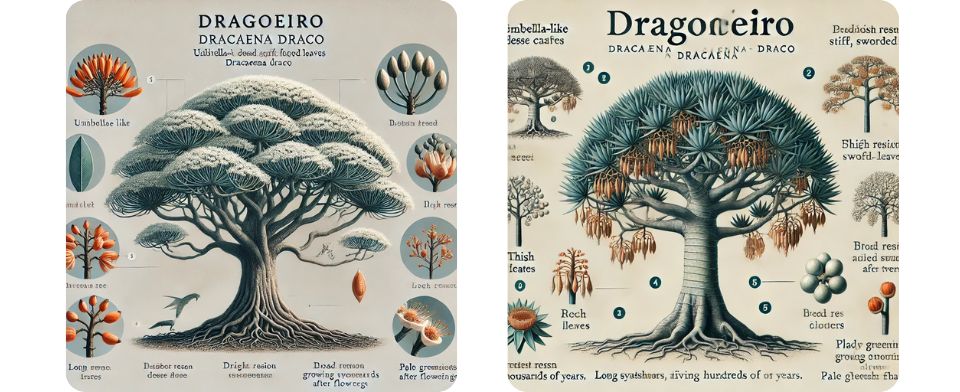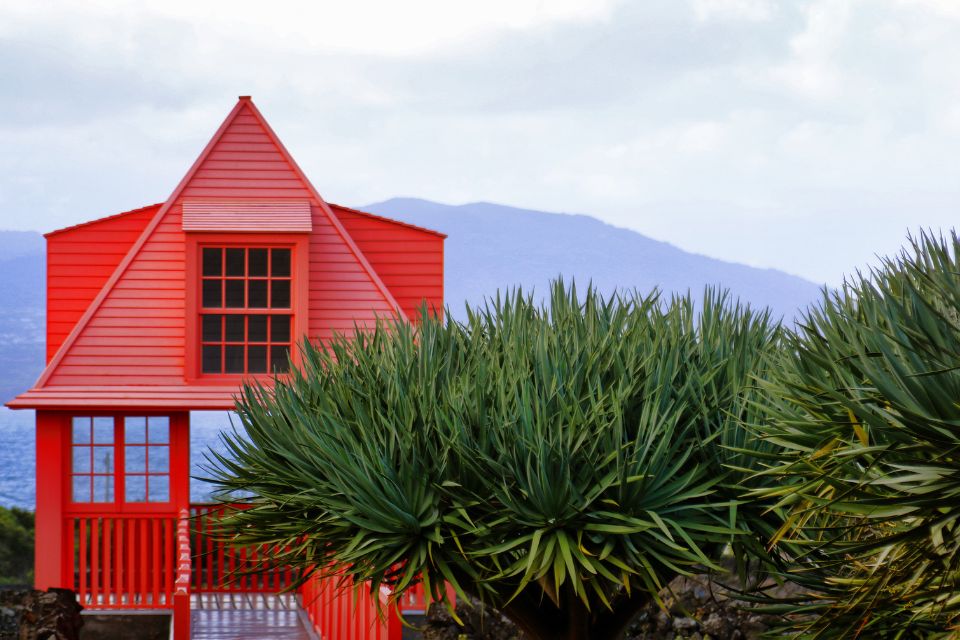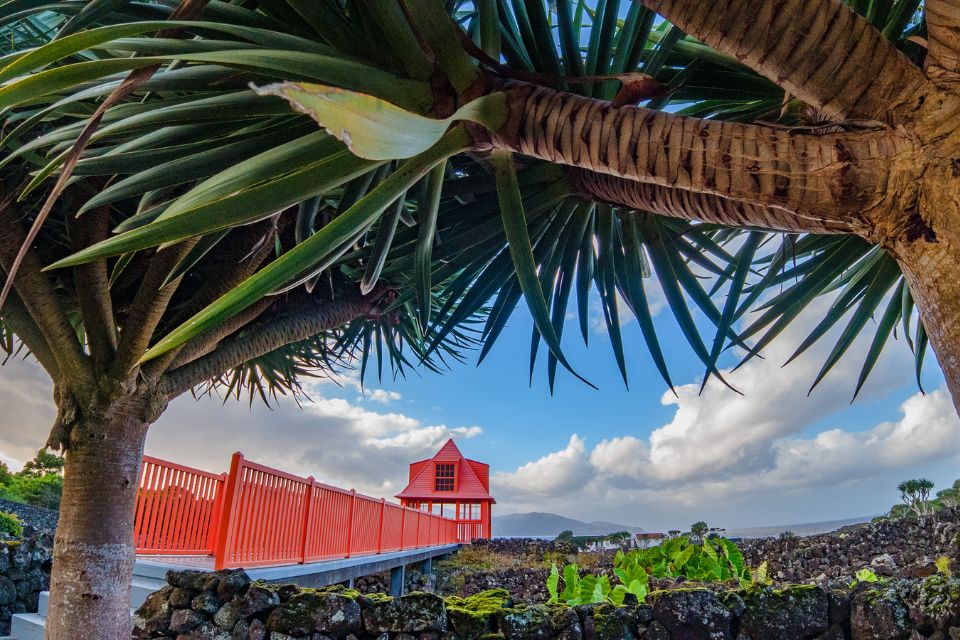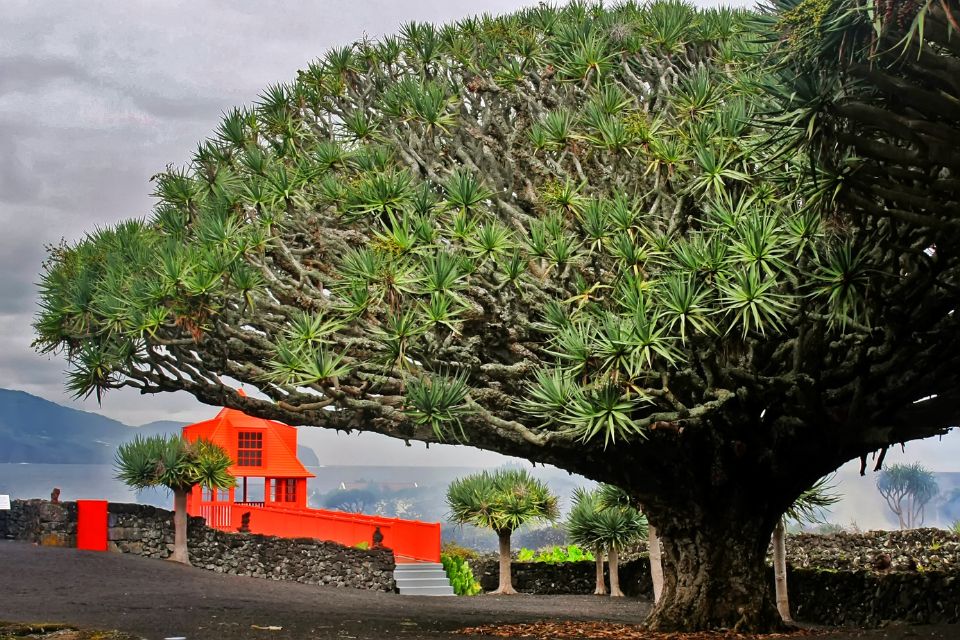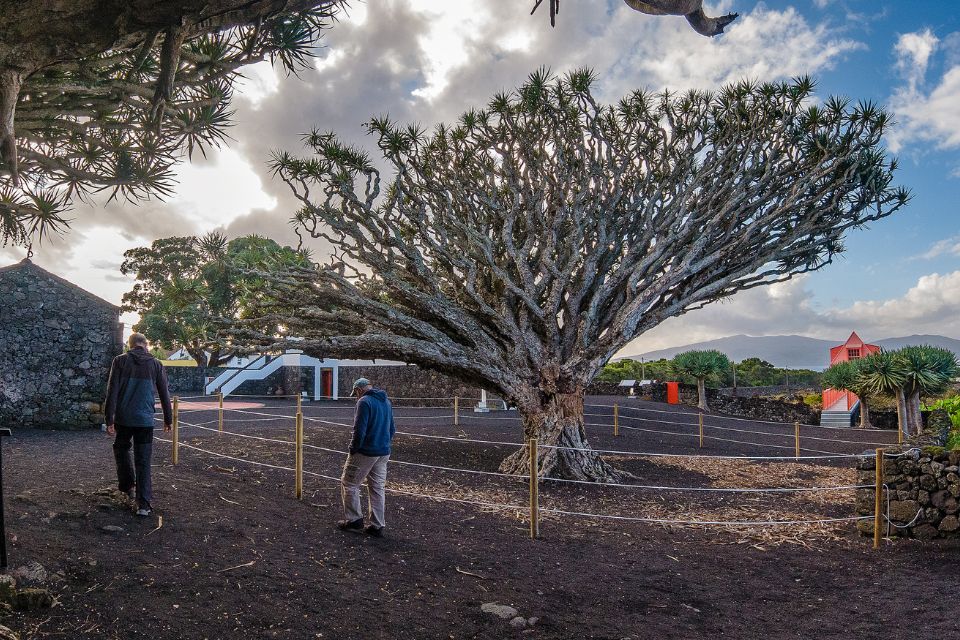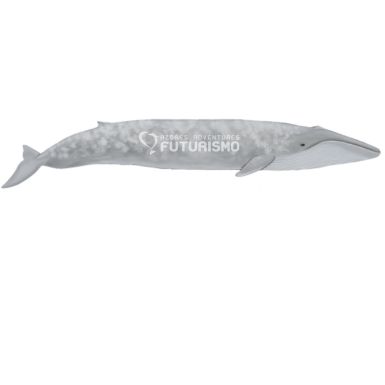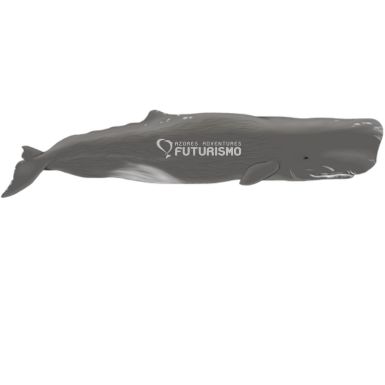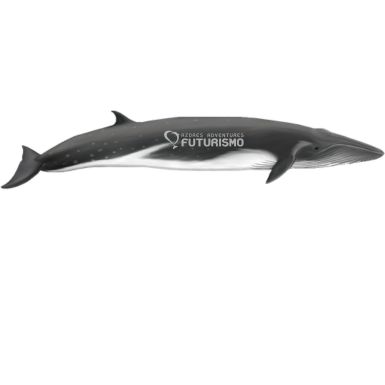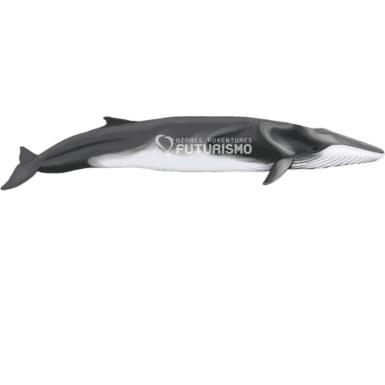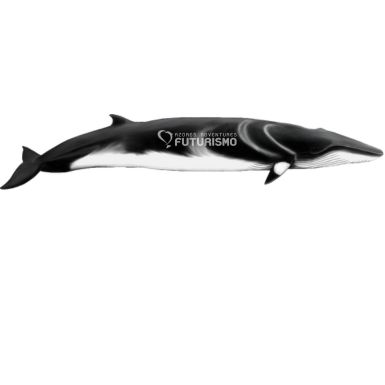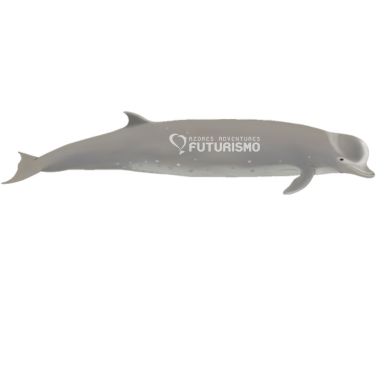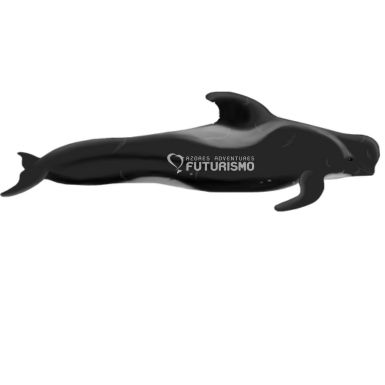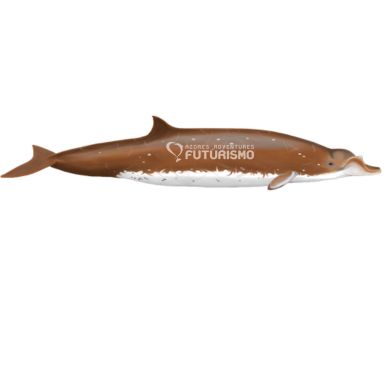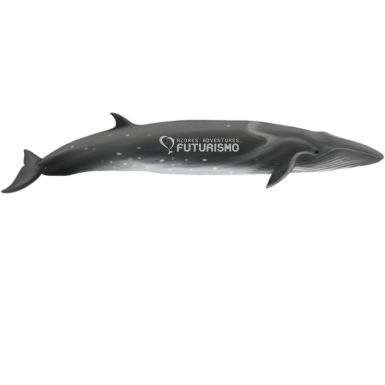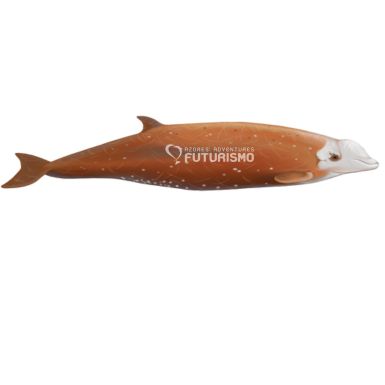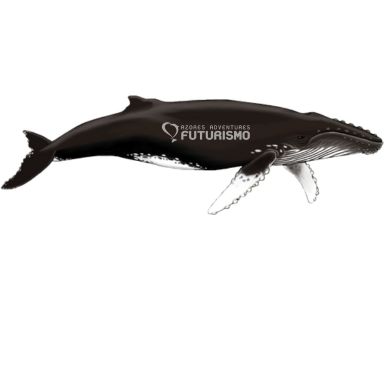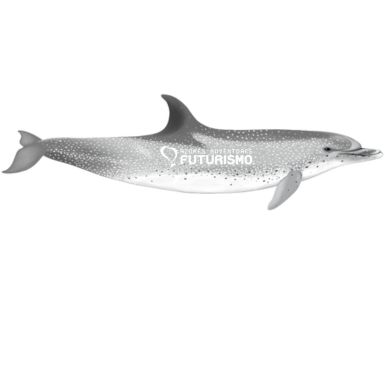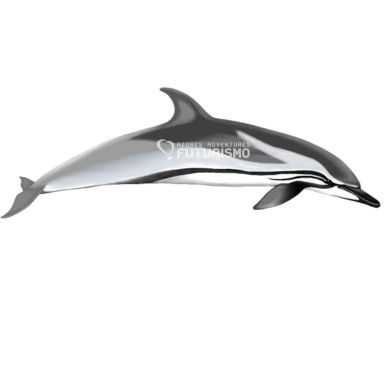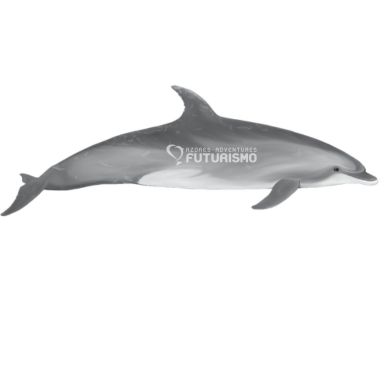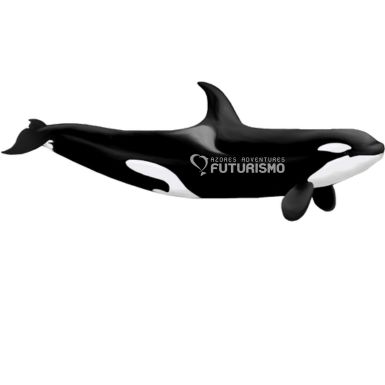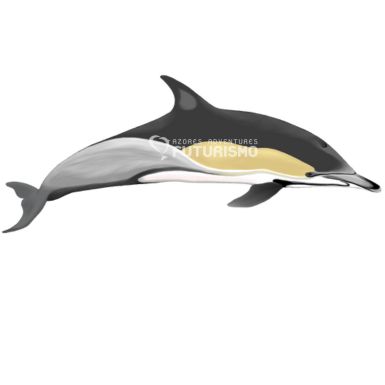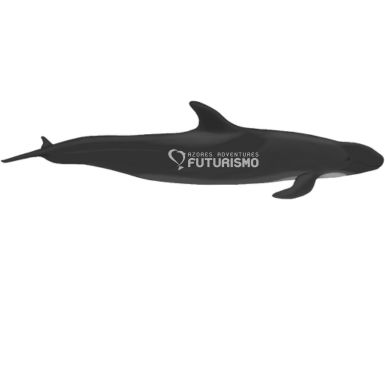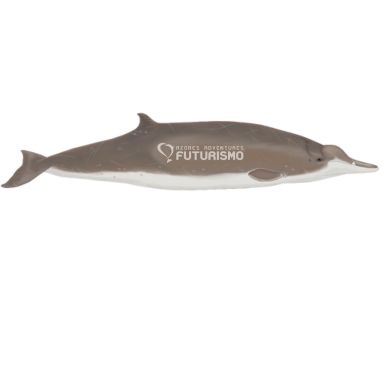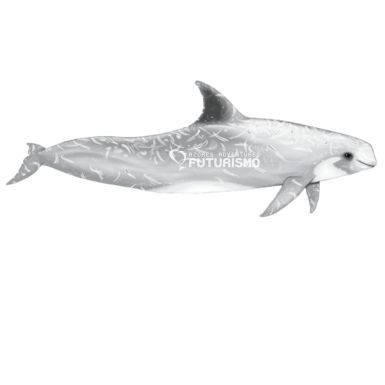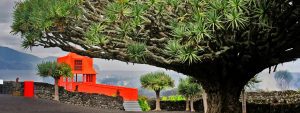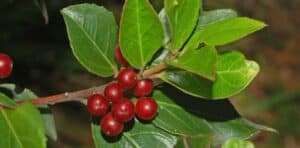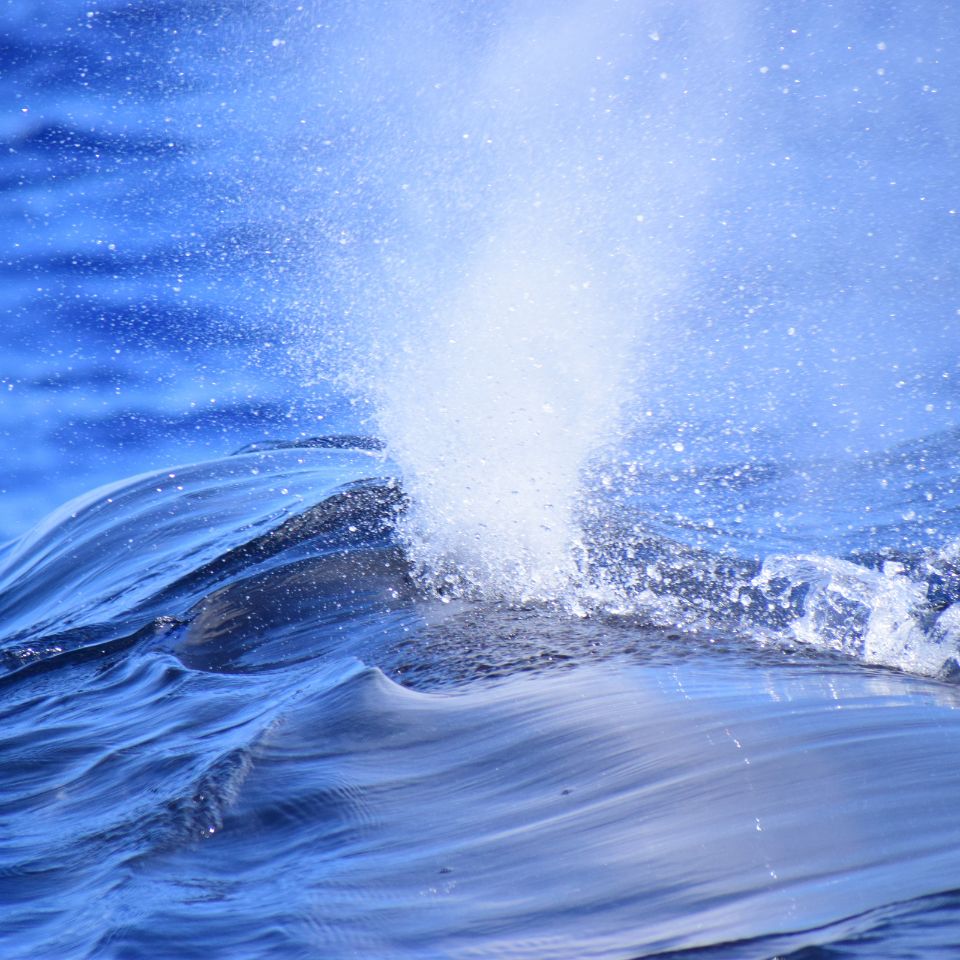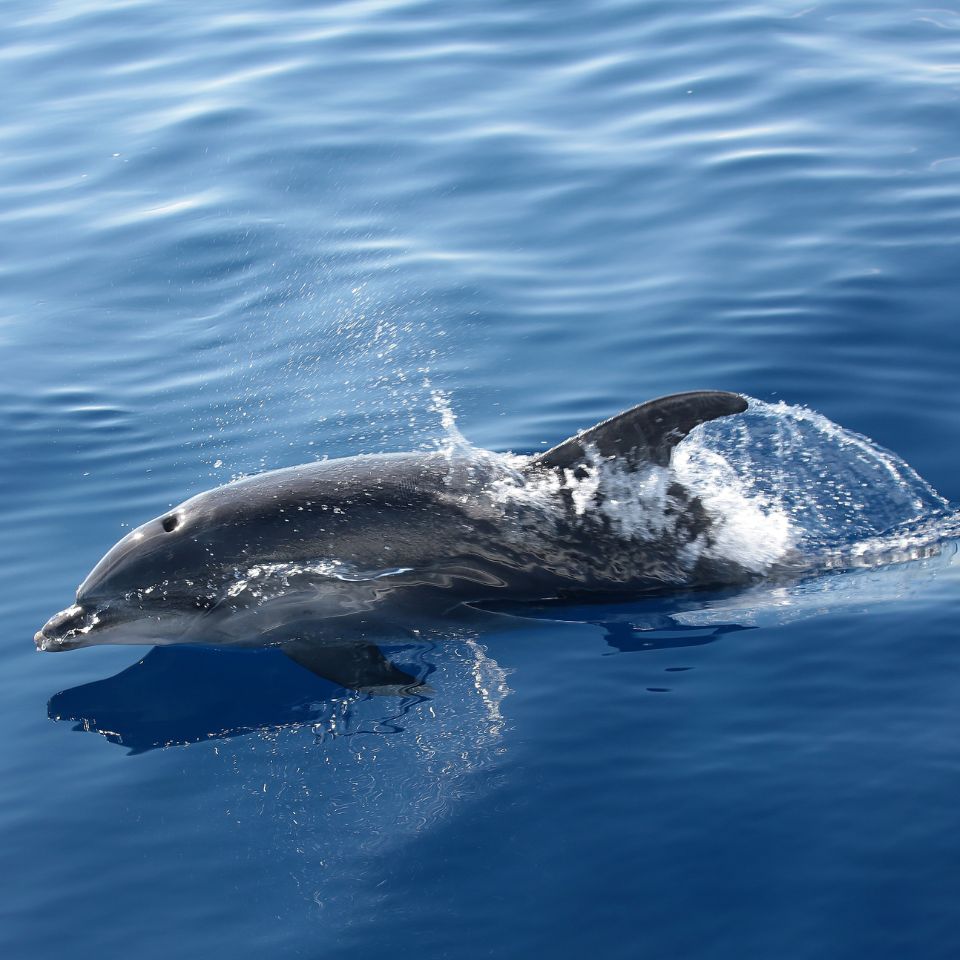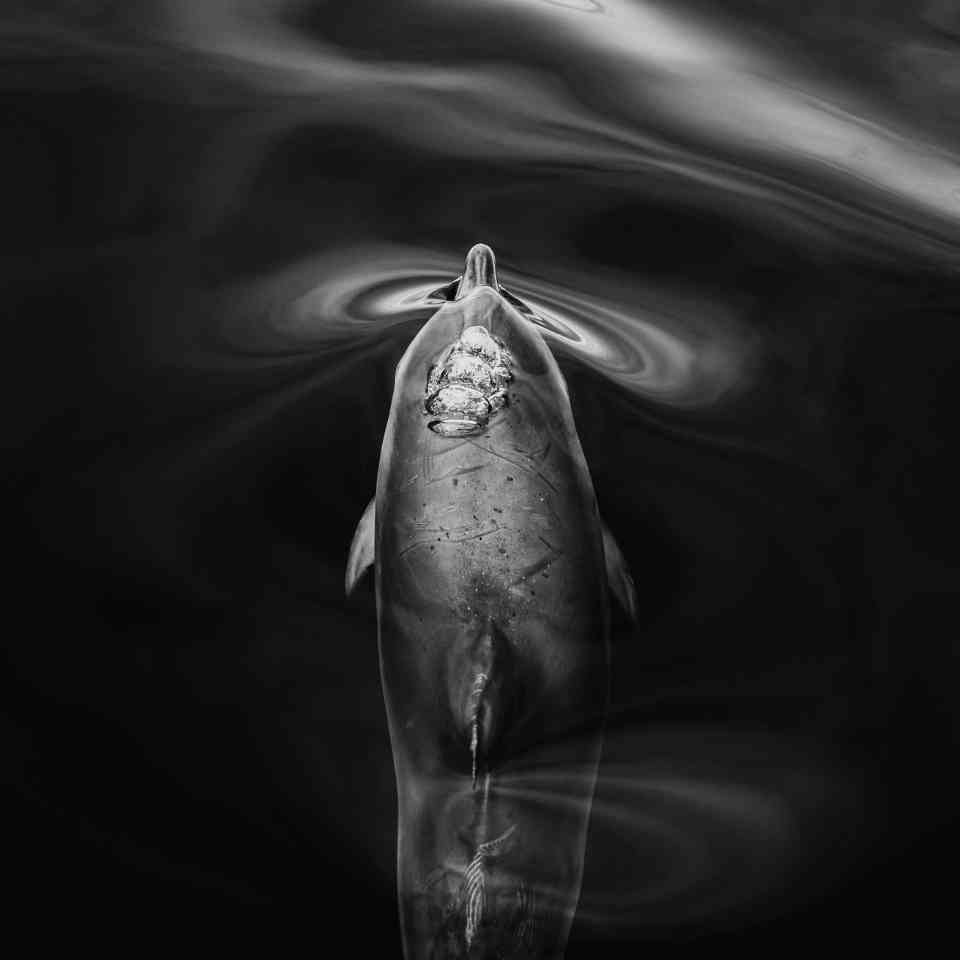Welcome to Futurismo Azores Adventures Travel Agency, an avant-garde and innovative travel agency in the stunning Azorean archipelago
Islands
-
São Miguel island
-
Pico island
Land
Water
Our DMC
-
Contact Forms
Contact Forms
Your Journey Awaits
About Us
-
The Brand
-
Our Fundamentals
-
Our Projects
-
Our Commitments
-
Our Policies
-
Honors & Alliances
-
Collab with Us
- Contacts
Protecting Azores through projects
We generate awareness and protection through passionate and meaningful projects
Our Commitments
Honors & Alliances
Noteworthy Achievements in Travel Excellence
Global acclaim spotlights Futurismo Azores Adventures’ sustainable excellence, boosting tourism and community impact!
Contact Forms
-
Islands
-
Whale Watching
-
Cetacean Species
The hidden paradise
With its deep green valleys, dramatic volcanic lakes, breathtaking waterfalls, and hypnotizing ocean rich in biodiversity, the Azores have all you can dream of for a memorable holiday.
Why Futurismo
15 Years of Scientific Publications: Unveiling Azores' Aquatic Enigmas
Immerse yourself in pioneering Azorean whales & dolphins research and scientific discoveries
Dolphins
Whales
Blog
-
Categories
Shop
-
Books
Books
O Canto dos Açores
The end of whaling, a family saga among black basalt, loss and reconciliation – a unique love story in the Azores.

